Now that we have successfully completed the Burns Supper we are looking ahead to our SME Sponsorship Scheme for 2024, and are actively seeking small and medium-sized businesses to take part.
In 2023 we helped hospitals all around the country as part of this scheme, adding more than EUR 5,000 to the funds raised at the Burns Supper. Can we beat that this year?
Deadline for applications: Wednesday 21st February 2024!
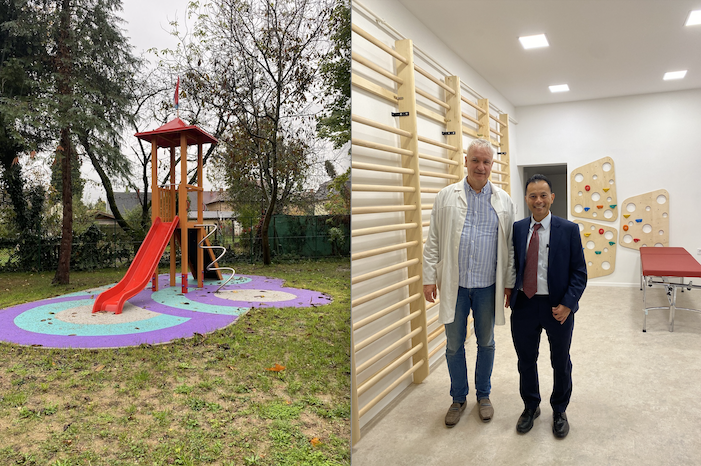
How does the scheme work?
- If you would like to make a targeted donation to a children’s hospital in Hungary, then get in touch, and let us know how much you would like to donate.
- The RBIF matches your donation.
- Together we identify a region of the country you would like to help, then with the help of our medical adviser we make contact with a hospital to assess their needs and how we can best assist them.
- We fund the purchase of the proposed equipment, and in a few months’ time we can visit the hospital to see what a difference the joint donation between the RBIF and your own company has made.
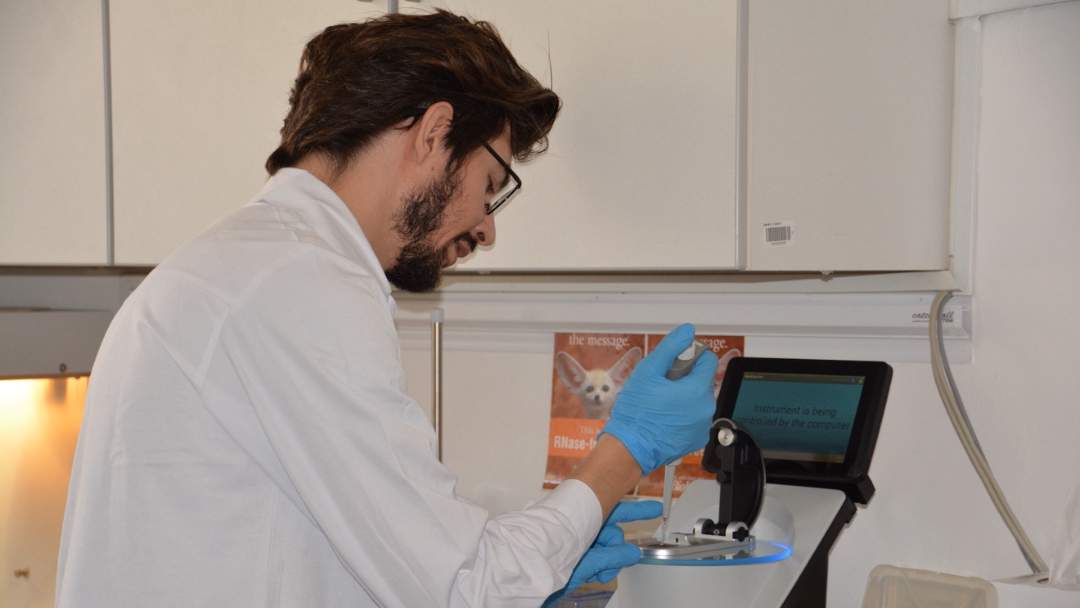
It really is no more complicated than that. Together we make the most out of your generous donation, and you can rest assured that 100% – in fact 200%! – of your donation will be used as effectively as possible.
For more information about the SME Sponsorship Scheme projects in 2023 just visit the Blog on our website.
IMPORTANT: We only have 5 slots in the SME Sponsorship Scheme this year, and one has already been snapped up, so please do get in touch soon if you think we can help.
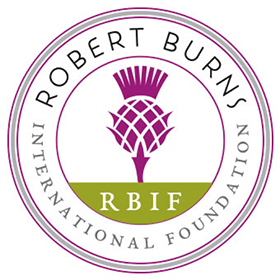
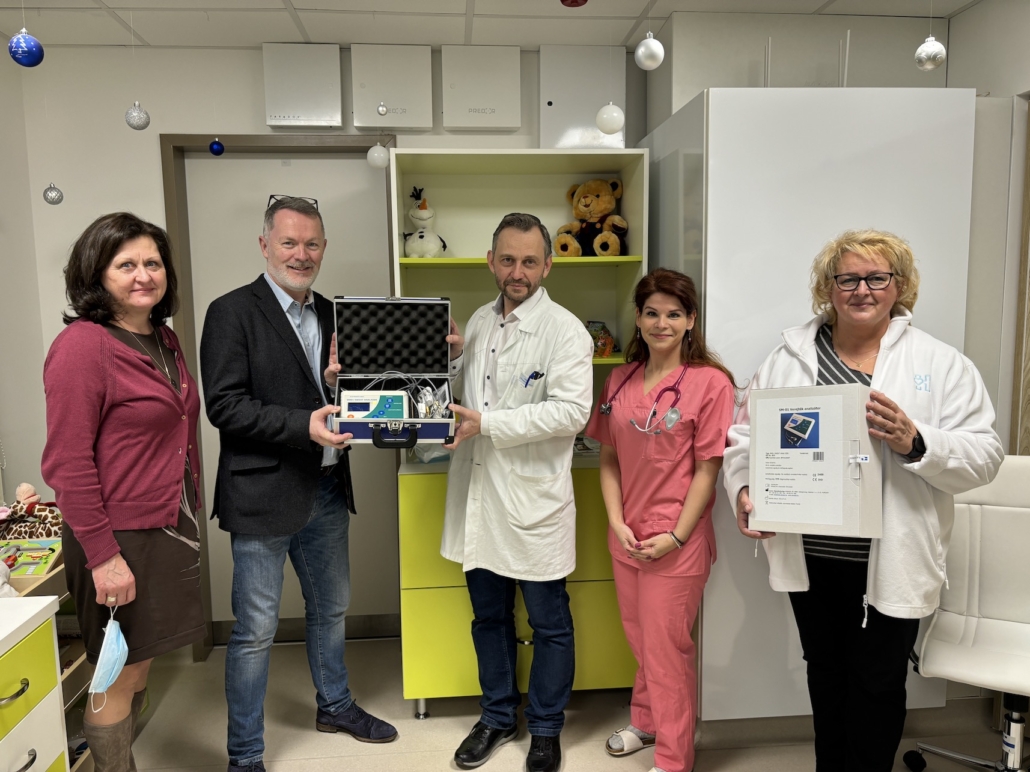
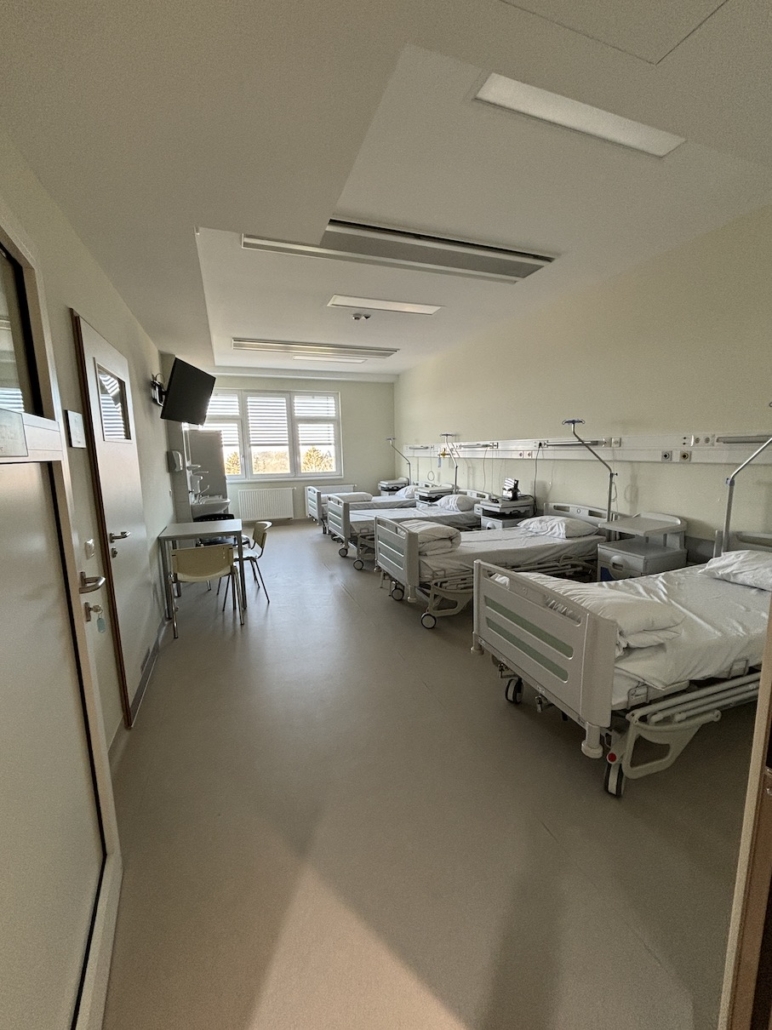
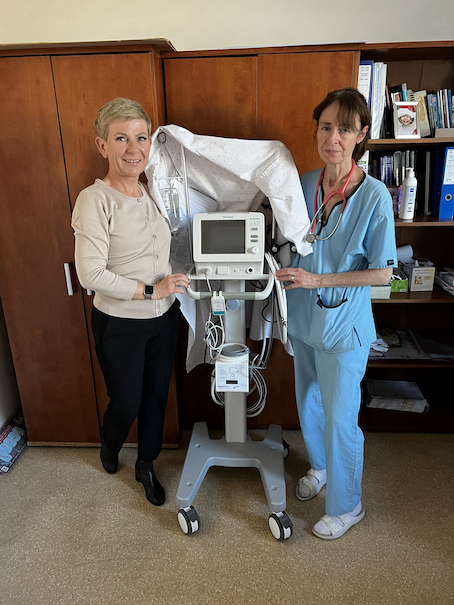
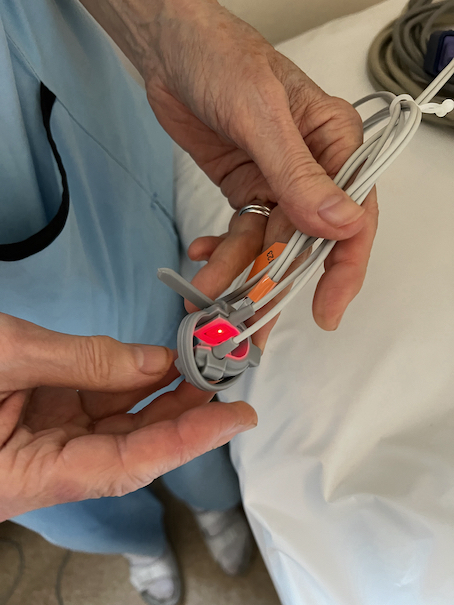
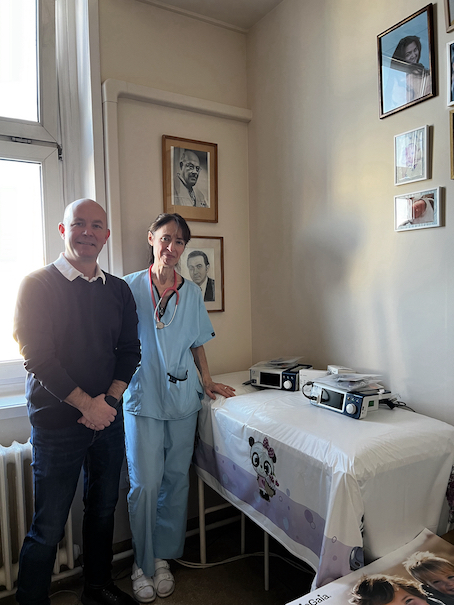
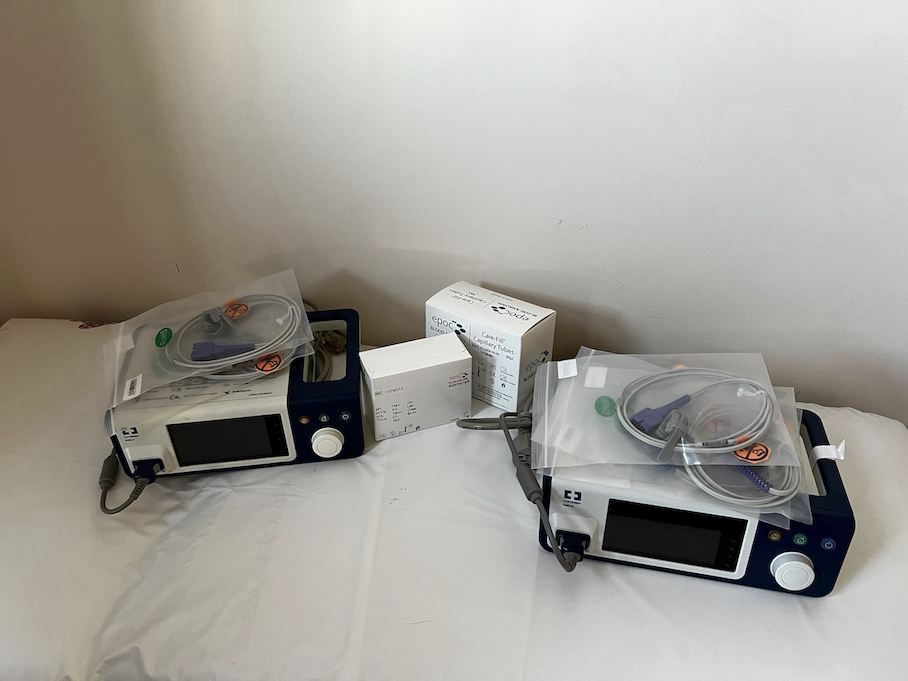
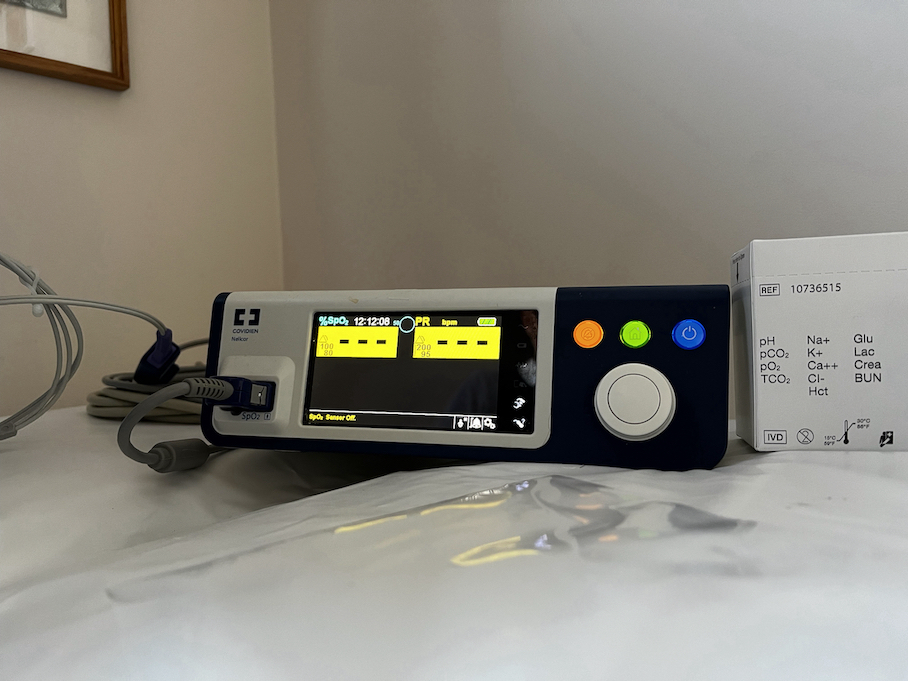
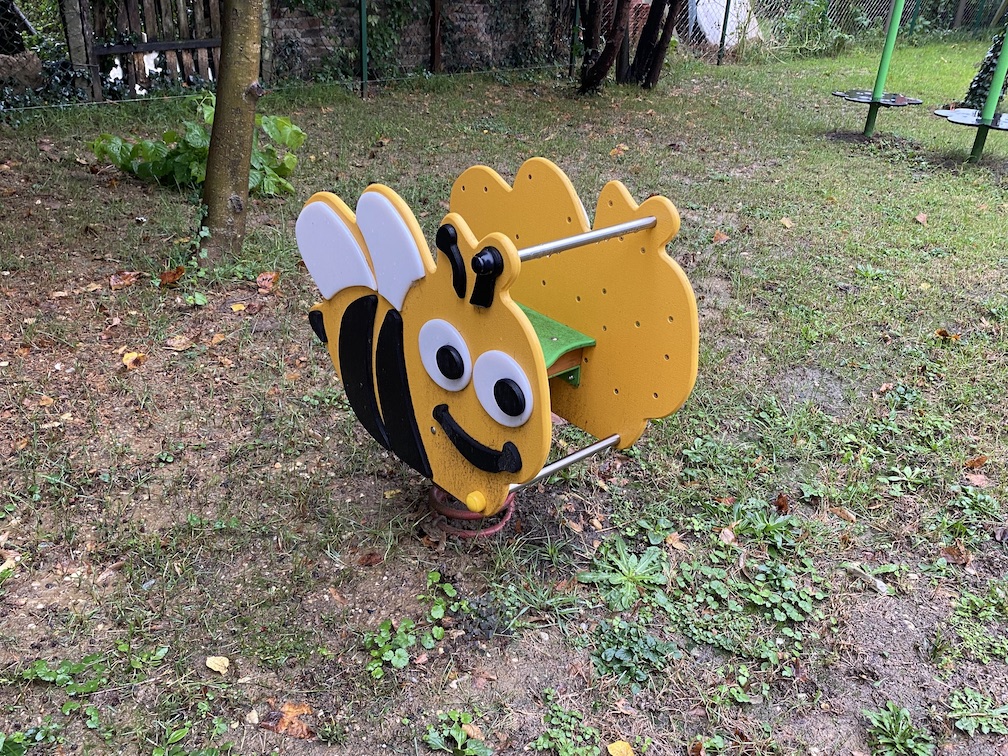
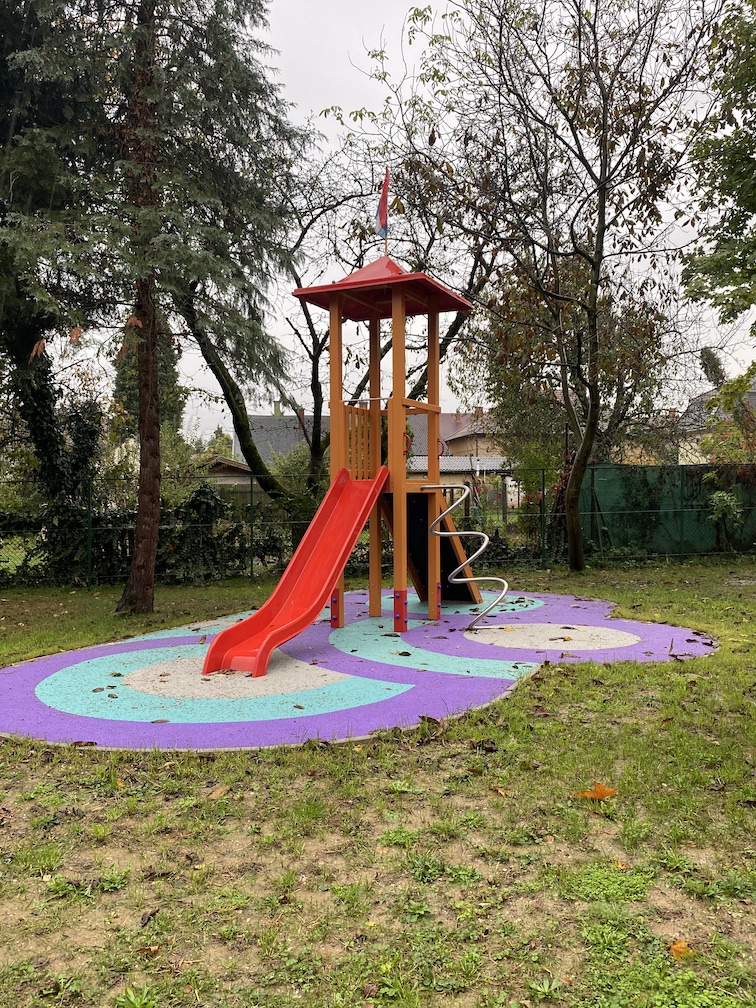

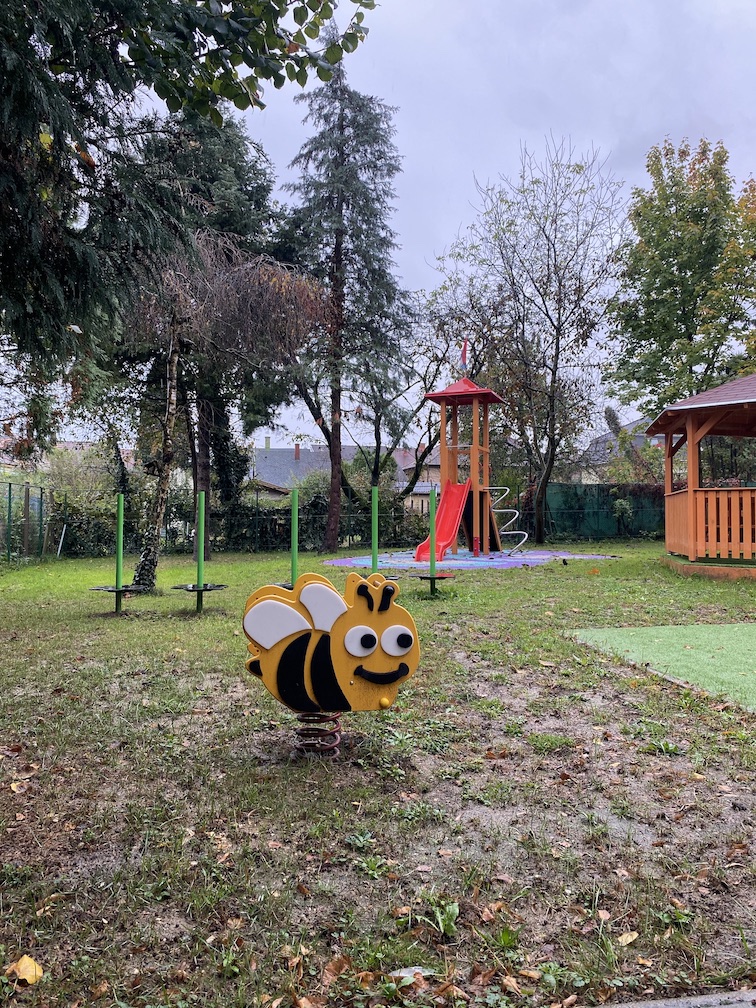
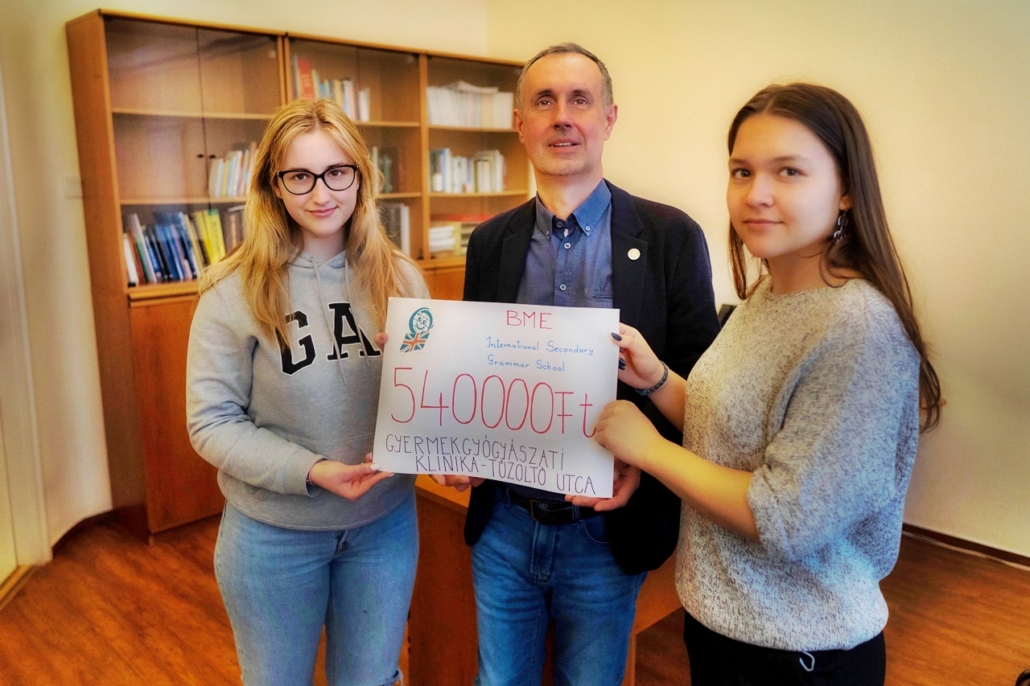
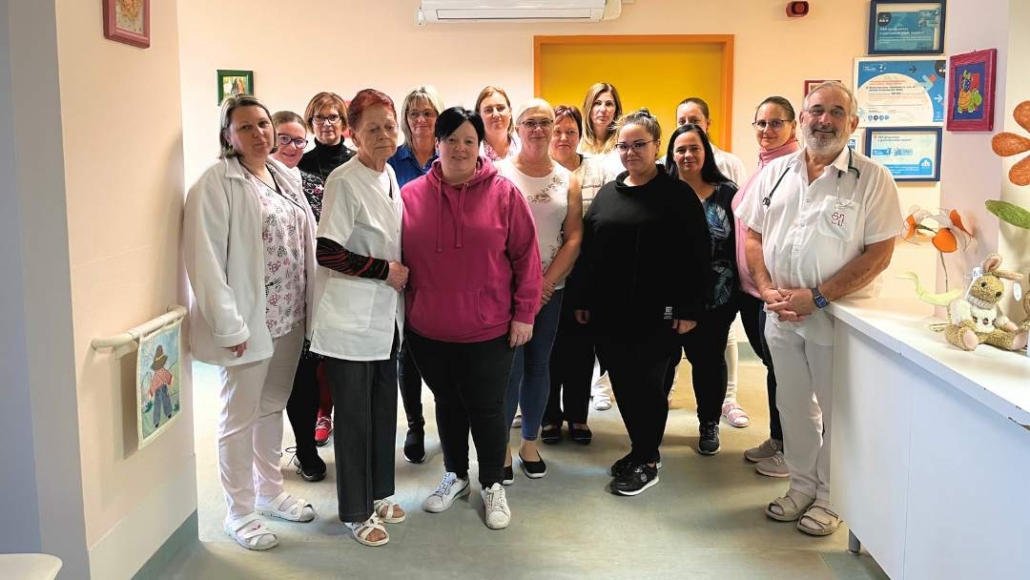
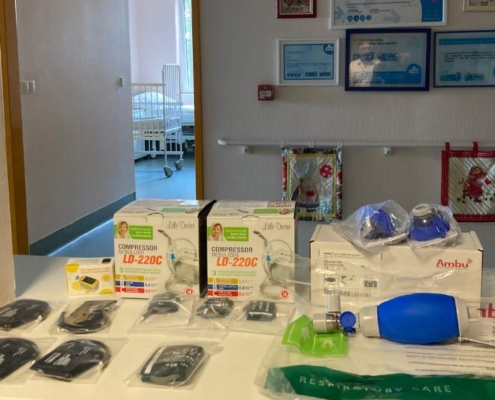
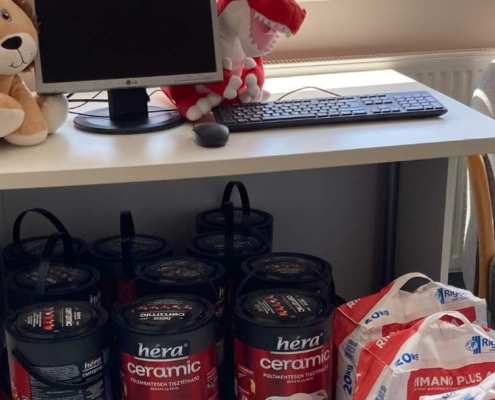
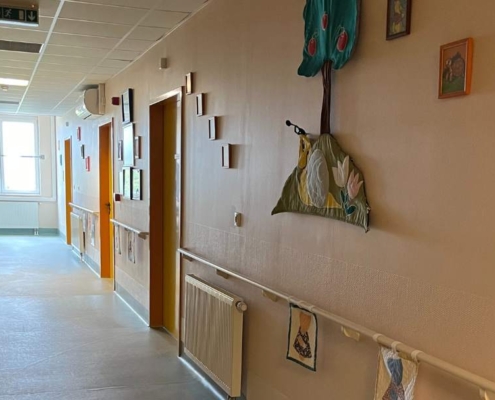
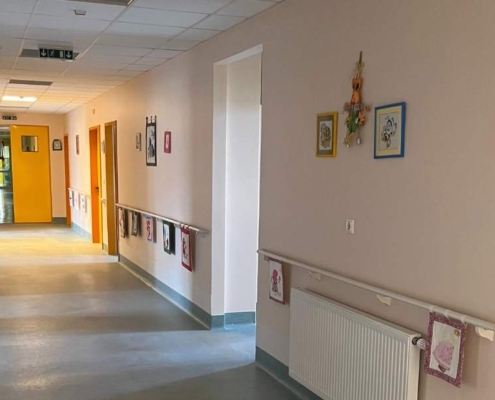
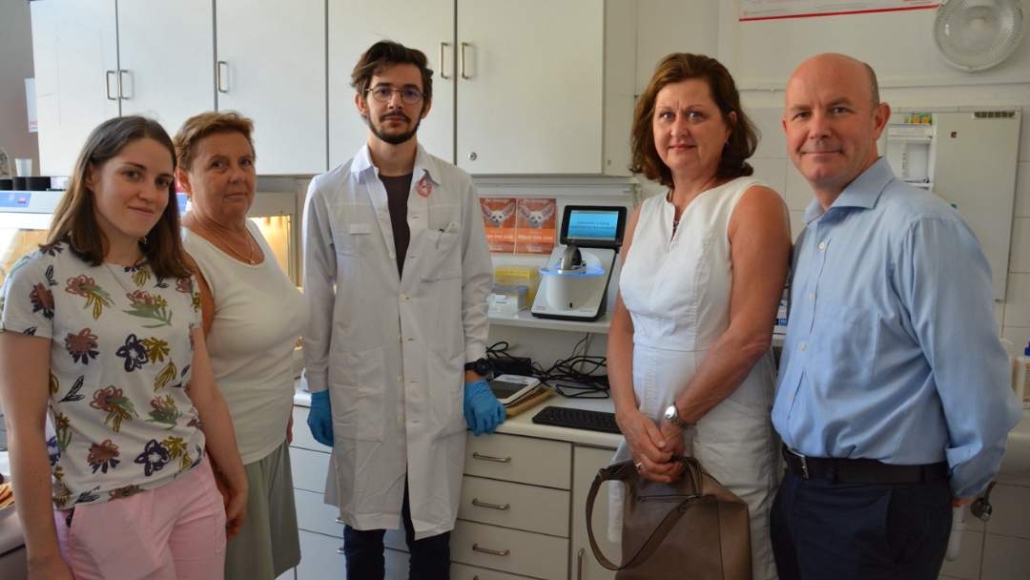
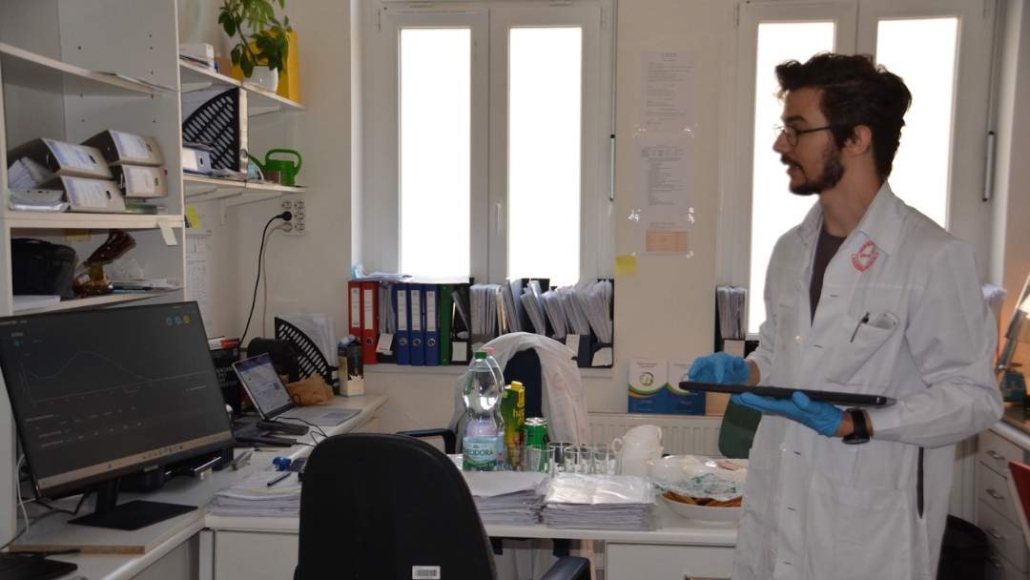
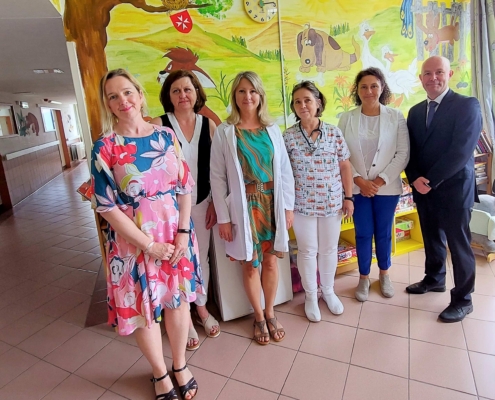
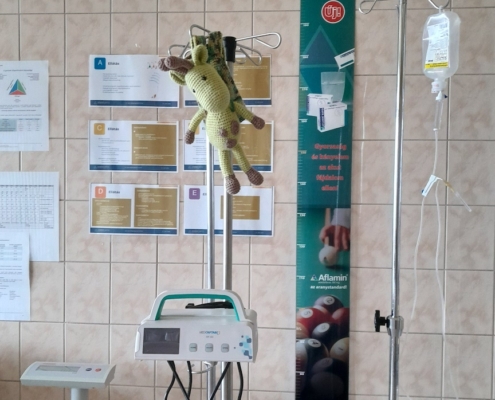
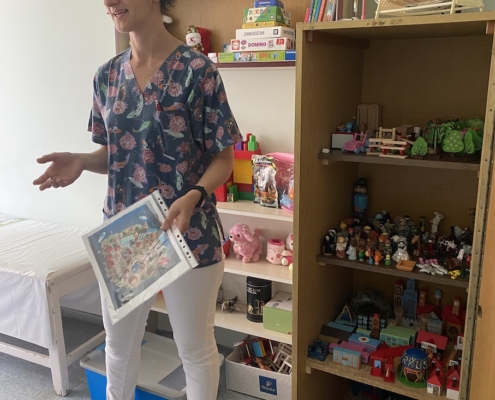
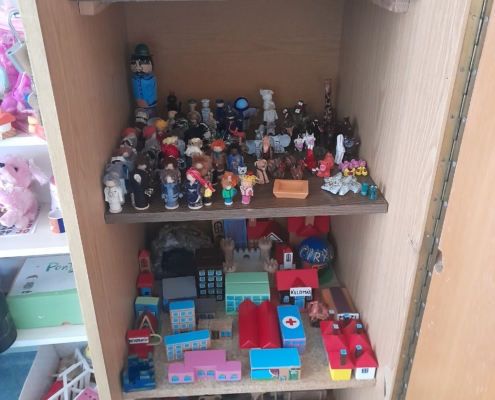
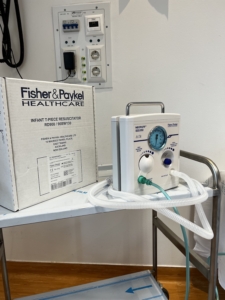
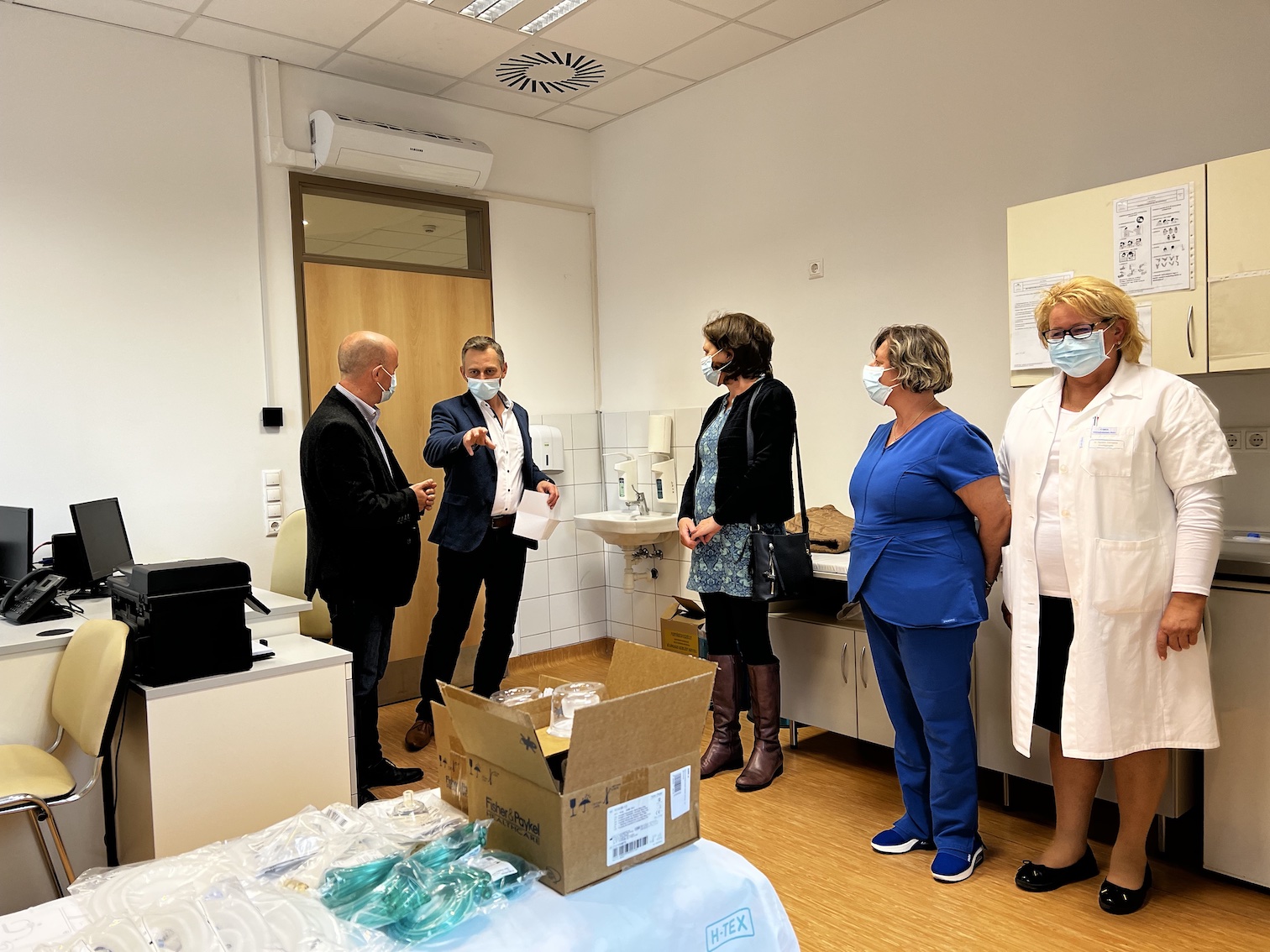
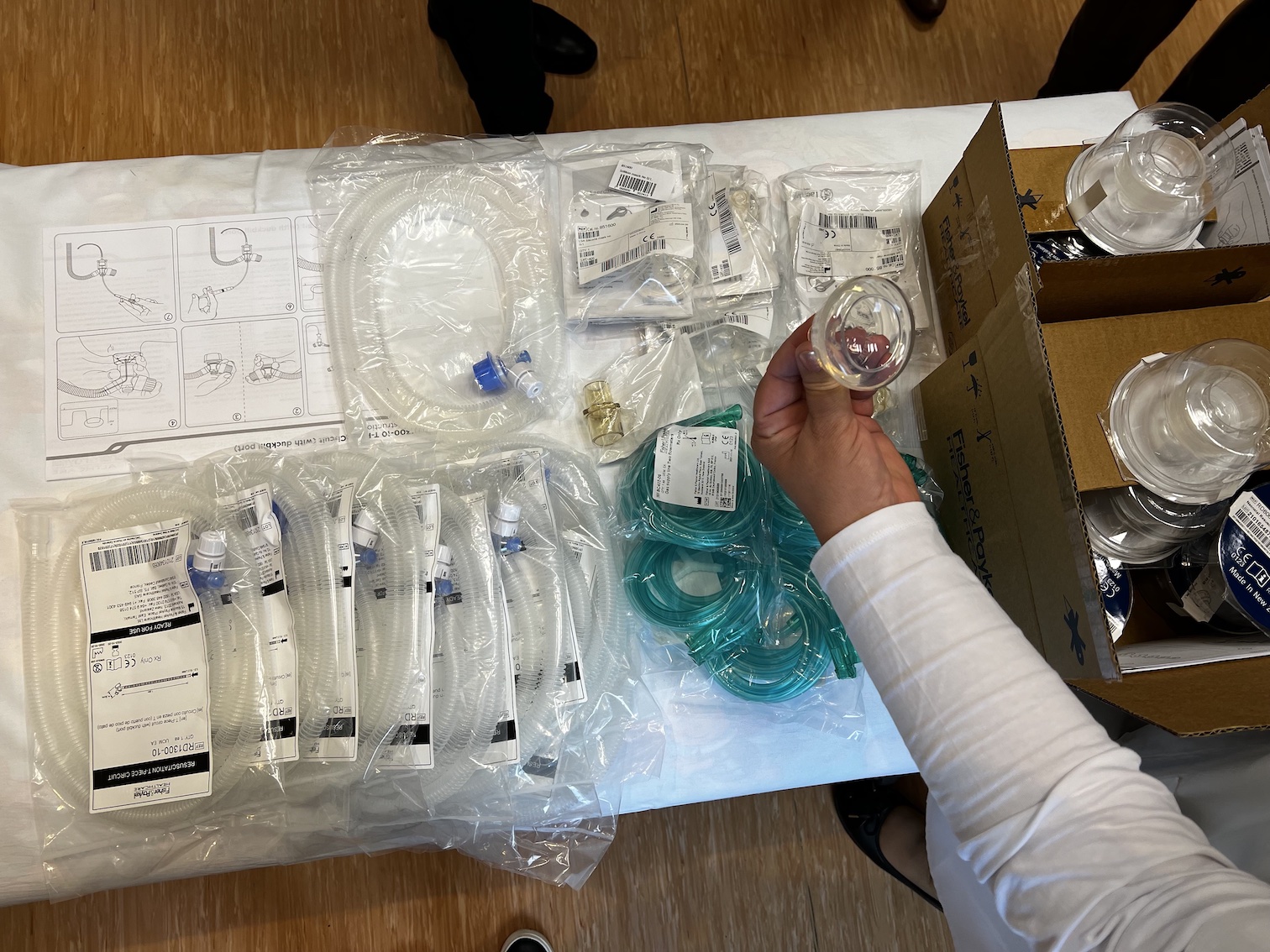
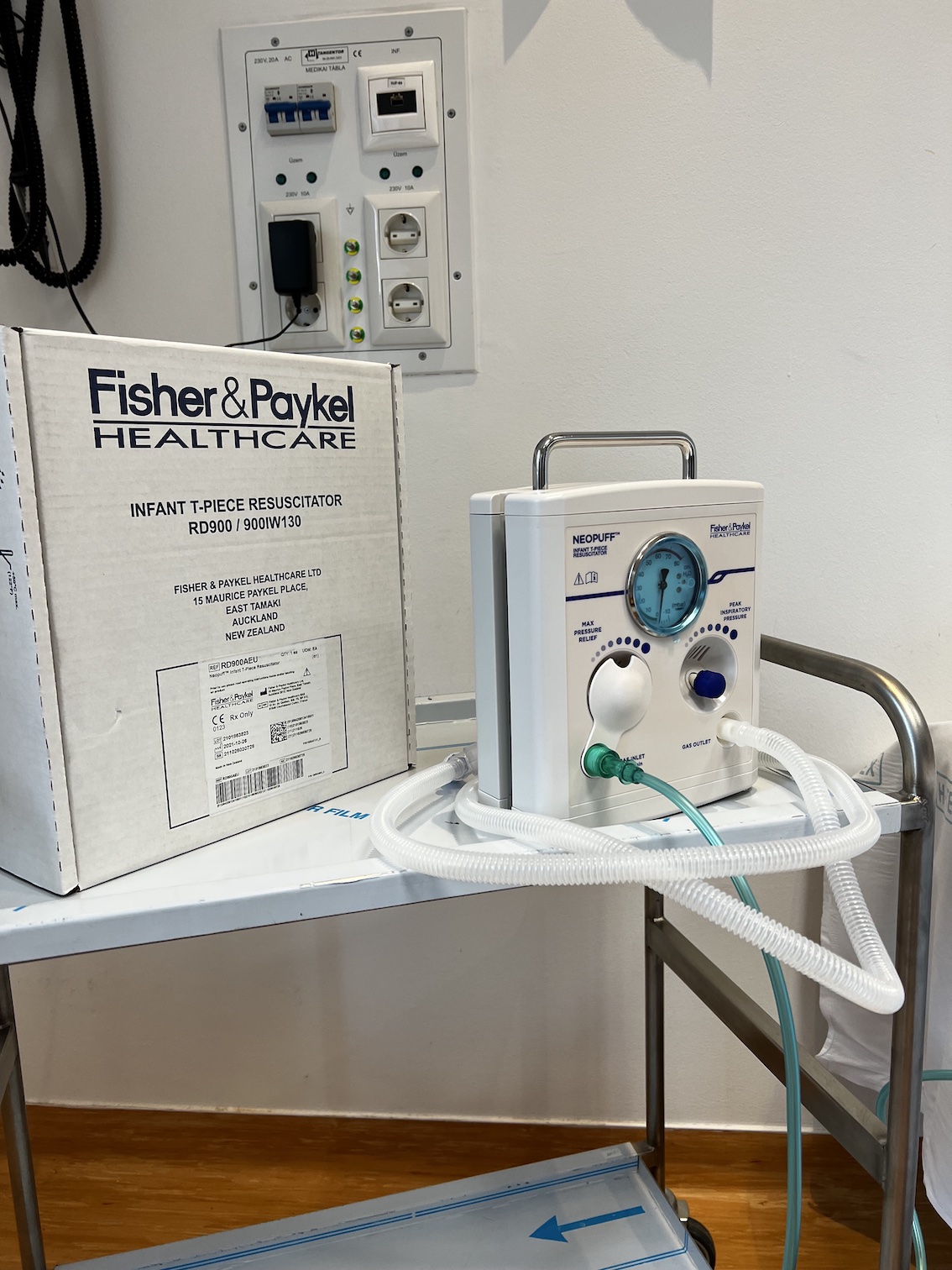
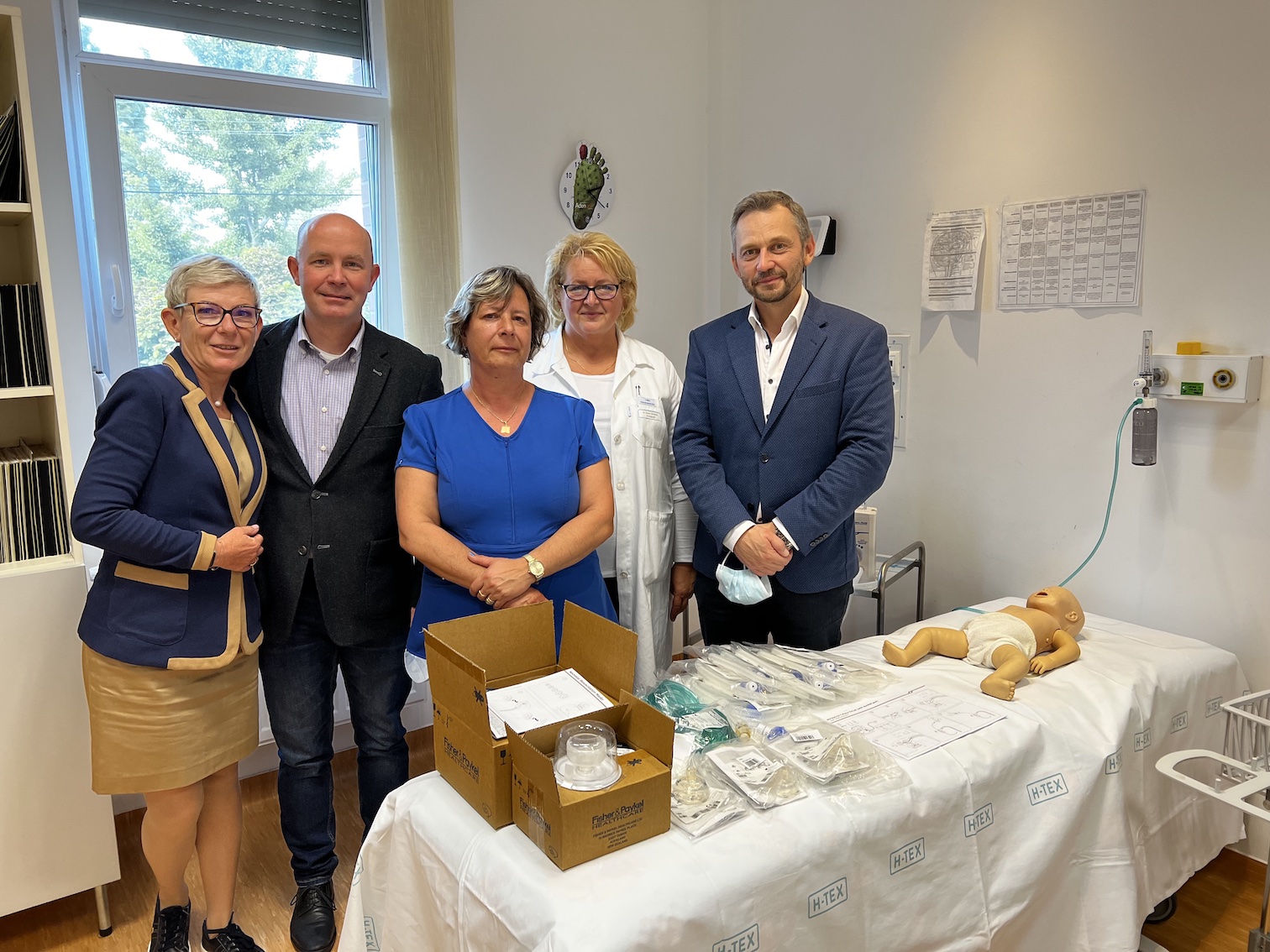
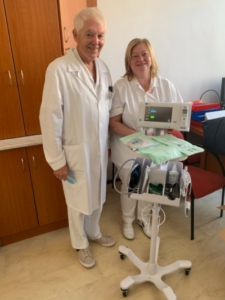 In conjunction with our medical adviser Professor György Fekete, former medical director of the 2nd Dept. of Paediatrics, this year we helped the department purchase a vitally important vital signs monitor along with pressure-relieving mattresses.
In conjunction with our medical adviser Professor György Fekete, former medical director of the 2nd Dept. of Paediatrics, this year we helped the department purchase a vitally important vital signs monitor along with pressure-relieving mattresses.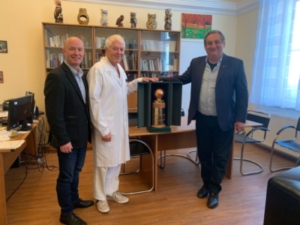 This visit to the hospital also gave us the chance to properly thank Professor Fekete for his 25 years of medical advisory support he has given the RBIF. In recognition of his efforts he was declared our “Sponsor of the Year.”
This visit to the hospital also gave us the chance to properly thank Professor Fekete for his 25 years of medical advisory support he has given the RBIF. In recognition of his efforts he was declared our “Sponsor of the Year.”